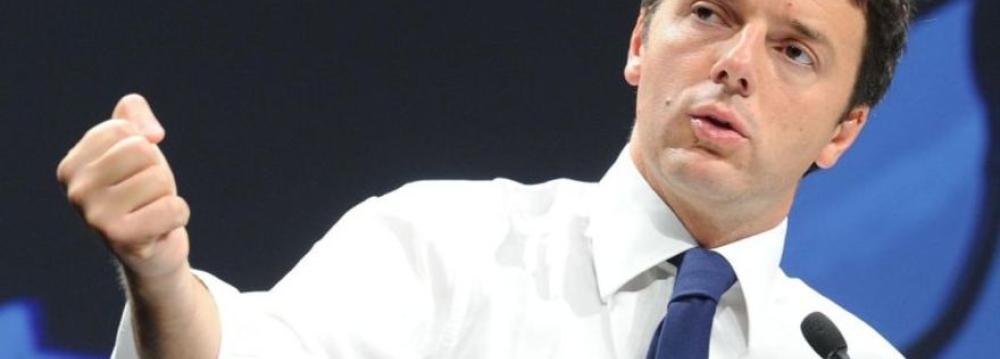Italian lawmakers passed a hotly debated electoral law designed to bring stability to a country that has had 63 governments since World War II.
Italy’s parliament on Monday gave final approval to the new electoral law, despite objections from the opposition and some members of the Italian Prime Minister Matteo Renzi’s ruling Democratic Party.
The electoral overhaul, which becomes law after more than a year of discussion in both chambers of parliament, is a central part of the prime minister’s political and economic reform agenda, Reuters reported.
It replaces a widely decried electoral law passed more than a decade ago under former premier Silvio Berlusconi, nicknamed “Porcellum.”
The new legislation, which only takes effect in July 2016, is based on proportional representation but guarantees a big majority to the winning party and gives party bosses wide powers to handpick preferred candidates.
If the winning party gains at least 40 percent of the vote, it qualifies for a winner’s bonus that automatically gives it 340 seats in the 630-seat Chamber of Deputies.
If no party wins 40 percent, a run-off ballot between the two largest parties is held two weeks after the first election to determine which party gets the winner’s bonus.
Renzi says this will provide political stability to Italy, which has already seen four different governments since the start of the decade, and end the backroom lobbying between parties often needed to form ruling coalitions.


